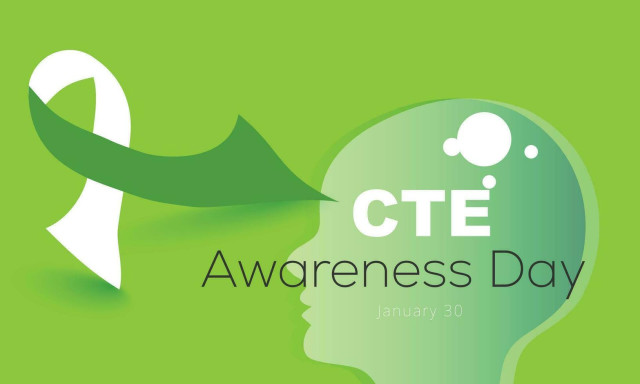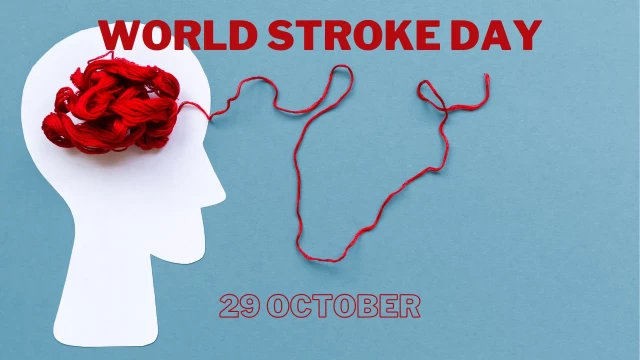CTE Awareness Day 2024: Deciphering the Rare Brain Disorder's Symptoms, Causes, and Treatments
- Posted on January 30, 2024
- Lifestyle
- By Arijit Dutta
- 439 Views
Explore the depths of Chronic Traumatic Encephalopathy (CTE) on Awareness Day 2024. Uncover the symptoms, causes, and treatment options for this neurodegenerative disease affecting those with a history of head injuries. From sports concussions to military service, understand the diverse risk factors and discover preventive measures for a safer future.
 Image Source -www.vecteezy.com
Image Source -www.vecteezy.com
Every
January 30th, the world unites to raise awareness about Chronic
Traumatic Encephalopathy (CTE), a progressive neurodegenerative disease
affecting individuals with a history of repetitive head injuries. This year
marks a deeper exploration into understanding the often-misunderstood CTE,
shedding light on its symptoms, causes, and potential treatment options.
CTE
is a progressive neurodegenerative disease impacting individuals who've
experienced repeated head trauma, often through sports concussions or other
forms of blunt force trauma. The repeated trauma disrupts the brain's normal
functioning, leading to a buildup of tau protein, forming tangles and damaging
brain cells. This damage manifests in various symptoms affecting thinking,
memory, mood, and behavior.
Symptoms of CTE vary, including cognitive decline with memory loss, confusion, and language processing issues. Mood changes encompass depression, anxiety, irritability, and aggression. Behavioral problems involve impulsivity, poor decision-making, and difficulty controlling anger. Sleep disturbances and motor problems, such as stiffness and tremors, are also common.
Also Read: This Week In OTT: New Releases From Alexander To Saindhav Dominate Screens
The
primary cause of CTE is repeated head trauma, prevalent in contact sports like
football, hockey, and boxing, as well as military service and domestic
violence. Unfortunately, there's no cure for CTE, but treatments like cognitive
rehabilitation, medication, and lifestyle changes can manage symptoms.
Preventive measures involve promoting safer sports practices, enforcing rules to minimize head injuries, and fostering a culture of reporting and treating concussions promptly. Educating athletes, coaches, and parents about the risks associated with repetitive head trauma is crucial in reducing the incidence of CTE.




